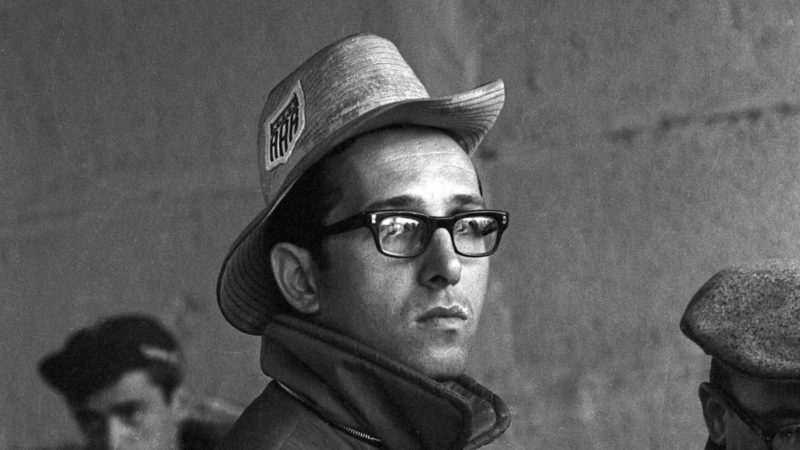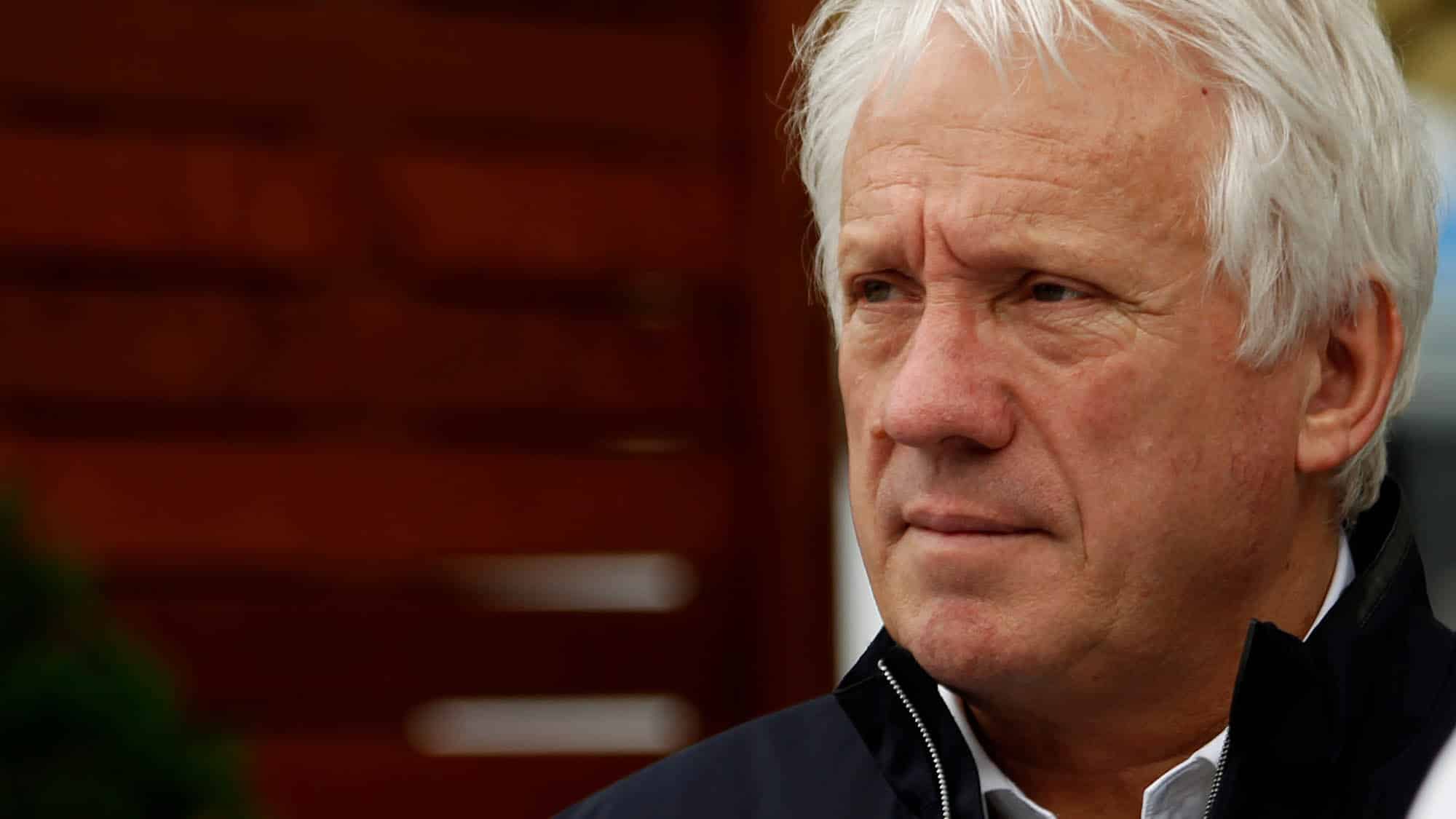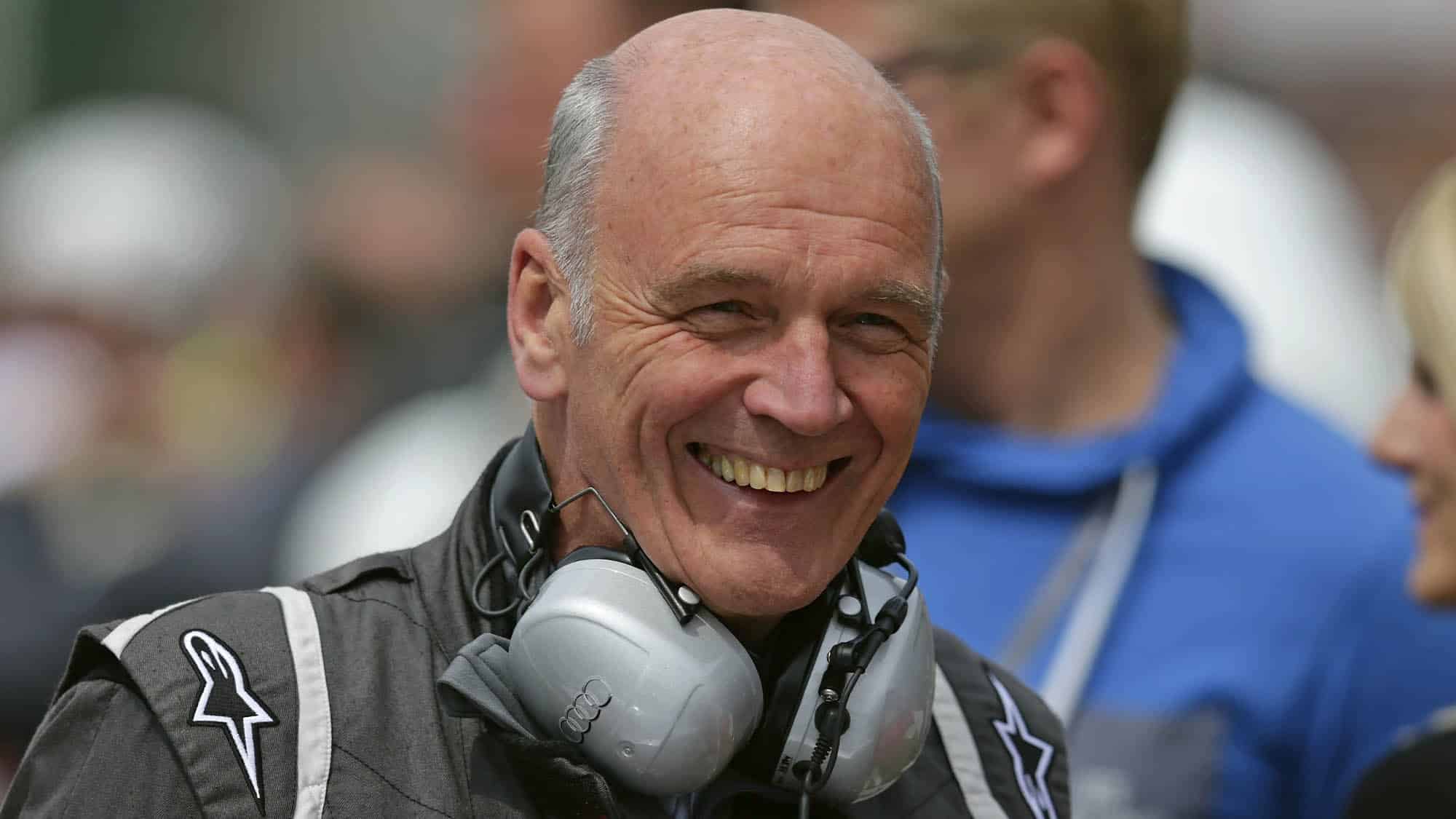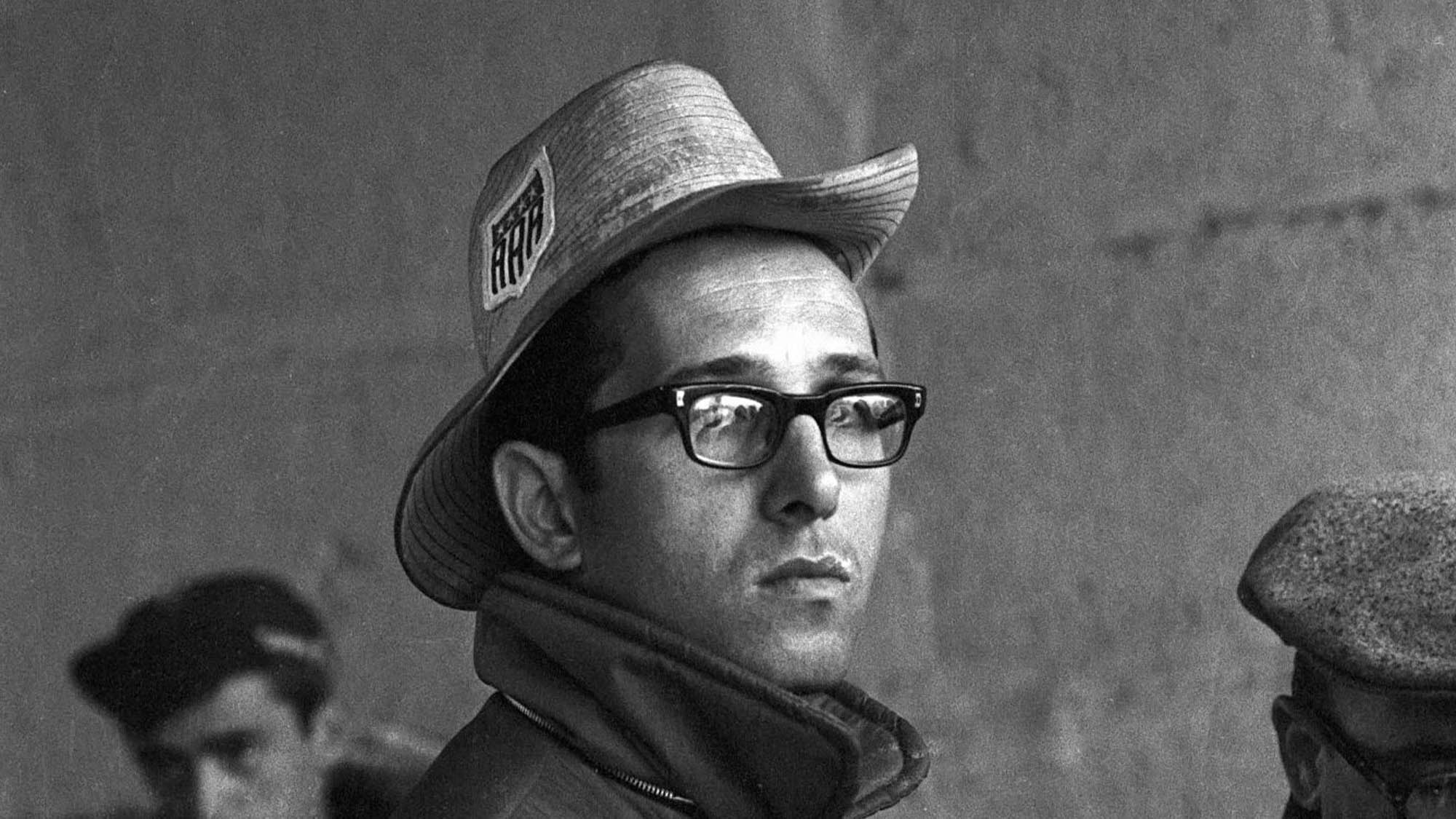2021 Hall of Fame: Engineer nominees
These engineers didn't just innovate, they changed racing forever, whether in the crushing victories inflicted by their machines or leading the modernisation of the sport

Paul-Henri Cahier/Getty Images
Voting has now closed for the 2021 Motor Sport Hall of Fame
Charlie Whiting

Mostly known for his work as FIA race director in Formula 1, Charlie Whiting’s career has left a lasting impact on the series and the sport. Whiting got his start in motor sport with rally cars before moving over to British F5000 as a mechanic. He moved up to F1 in 1977 to join Hesketh Racing and would move over to Brabham following Hesketh’s decline. It was at Bernie Ecclestone’s iteration of the team where he’d become chief mechanic though his ascension in the sport wasn’t over.
In 1988, Whiting was appointed as FIA technical delegate and was later appointed as FIA director and safety delegate, the role he’d hold until his passing in 2019. Whiting was in charge of all safety, technical and procedural elements of a Formula 1 race weekend and was the team’s port of call when it came to the interpretation of regulations. Whiting helped spearhead improvements in driver safety with the introduction of the survival cell and most recently the Halo device backed and later imposed upon teams despite criticisms of the latter detracting from the sport.
His peering out over the starter’s gantry at every Formula 1 round of the modern era grew to become as much of the weekend procedure as the lights actually going out. Whiting’s impact continues to be felt with the modern safety innovations continuing to provide life-saving protection to drivers in many single seater categories around the world.
Wolfgang Ullrich

There is no better way to measure success in motor sport than by the number of trophies and wins you have accumulated so for Audi, Wolfgang Ullrich is responsible for the most successful period in the manufacturer’s racing history. Having studied automotive engineering in Vienna, Ullrich began his career at Steyr-Daimler-Puch though was soon off to Porsche as part of its TAG engine project.
Porsche’s withdrawal from F1 meant he switched focus onto production cars but an ambition to be involved in motor sport remained. When former university colleague Herbert Demel contacted him about leading the competition department of Audi Sport, the offer was immediately accepted. Under Ullrich’s leadership, Audi went on to claim a staggering 13 overall victories at Le Mans: 2000, 2001, 2002, 2004, 2005, 2006, 2007, 2008, 2010, 2011, 2012, 2013 and 2014.
His tenure has also brought success in DTM, with Audi claiming four constructors’ titles along with seven drivers’ championships. After retiring from his position with the manufacturer in 2016, Ullrich took up an advisory role with the ACO and Le Mans.
Mauro Forghieri

One of the early celebrity engineers in Formula 1, Mauro Forghieri began his engineering career studying at the University of Bologna before accepting an offer from Ferrari to work for the famous marque in 1960. His early years involved work on the production side of the company as well as racing though he was soon thrust into F1 at the behest of Enzo himself after a walkout by the majority of other staff to form the ATS team.
Now technical director of Ferrari’s racing operations, Forghieri was involved in several key creations during his tenure, including the 1964 championship-winning Ferrari 158, iconic 250 GTO and P Series prototypes. He is also responsible for the 312 series of Ferraris and is credited with the first transversal automatic gear along with Ferrari’s first turbocharged engine.
He remained as technical chief at Ferrari all the way up to 1984, with the team claiming the F1 driver’s title four times (John Surtees, 1964, Niki Lauda, 1975 and 1977 and Jody Scheckter, 1979) along with eight constructors’ championships under his leadership.
